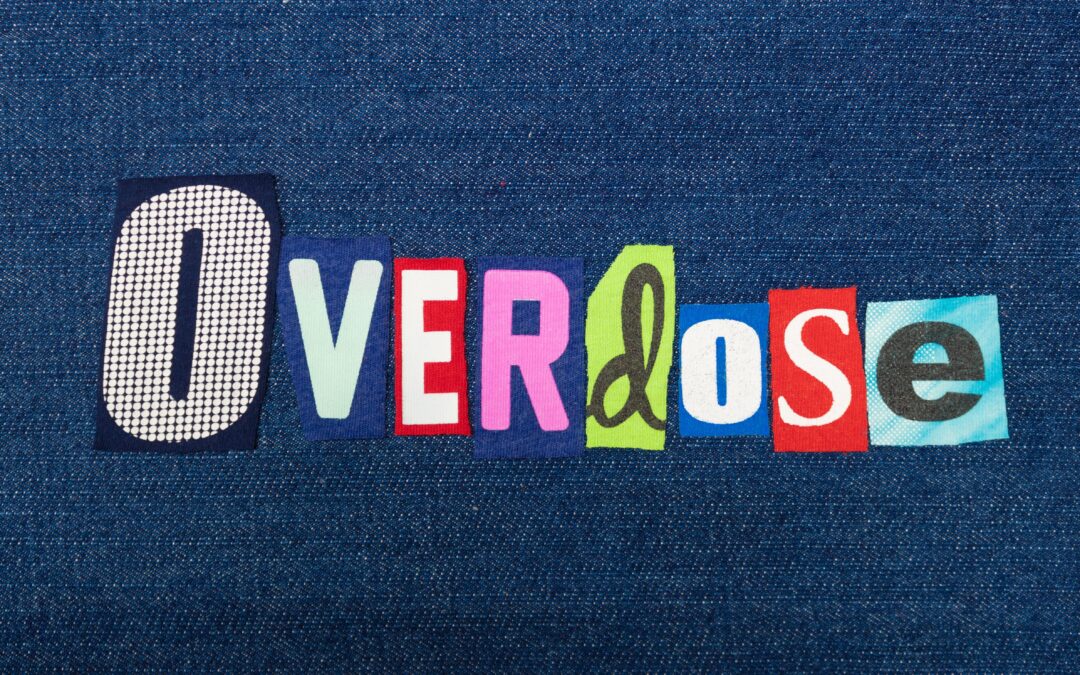The consequences of overdose extend far beyond the immediate crisis, impacting individuals physically, mentally, and emotionally in the long term. Whether from opioids, benzodiazepines, alcohol, or other substances, surviving an overdose can leave lasting scars and challenges that require ongoing support and intervention. In this blog post, we’ll delve into the long-term effects of overdose and explore the critical importance of seeking treatment and help for individuals who have experienced an overdose.
Understanding Long-Term Effects of Overdose:
Surviving an overdose is a traumatic event that can have profound implications for an individual’s health, well-being, and quality of life. The long-term effects of overdose may vary depending on factors such as the type and amount of substance involved, the individual’s overall health, and the promptness of medical intervention. Some common long-term effects of overdose include:
- Organ Damage: Overdoses can place immense stress on vital organs such as the heart, lungs, liver, and kidneys, leading to acute or chronic damage over time. Prolonged substance abuse and repeated overdoses can increase the risk of organ failure and irreversible complications.
- Brain Injury: Hypoxia, or lack of oxygen to the brain, is a common consequence of overdose and can result in brain injury or cognitive impairment. Individuals who survive overdoses may experience long-term deficits in memory, attention, and executive function.
- Mental Health Disorders: Experiencing an overdose can be traumatic and may contribute to the development of mental health disorders such as post-traumatic stress disorder (PTSD), depression, anxiety, and substance use disorders. These co-occurring disorders can complicate recovery and require comprehensive treatment approaches.
- Social and Legal Consequences: Overdoses can have far-reaching social and legal consequences, impacting relationships, employment, housing, and legal status. Individuals who overdose may face stigma, discrimination, and barriers to accessing support and resources.
Importance of Getting Treatment and Help:
Seeking treatment and help after surviving an overdose is crucial for addressing the physical, psychological, and social consequences of overdose and supporting long-term recovery and well-being. Here are some reasons why getting treatment and help is essential:
- Addressing Underlying Issues: Surviving an overdose is often a wake-up call that prompts individuals to seek help for underlying substance use disorders and mental health issues. Treatment programs can provide comprehensive assessment and intervention to address the root causes of substance abuse and support individuals in developing healthier coping strategies.
- Preventing Future Overdoses: Engaging in treatment and support services can reduce the risk of future overdoses by addressing substance use behaviors, improving medication adherence, and promoting harm reduction strategies. Treatment programs may offer education, counseling, and support to help individuals recognize triggers, manage cravings, and avoid relapse.
- Promoting Physical Health: Receiving medical care and monitoring after an overdose can help individuals address any physical complications or health concerns resulting from the overdose. Treatment programs may offer medical detoxification, medication management, and integrated healthcare services to support overall physical well-being.
- Supporting Mental Health: Surviving an overdose can have profound effects on mental health, leading to symptoms of anxiety, depression, PTSD, and other mental health disorders. Treatment programs can provide therapy, counseling, and support groups to address trauma, improve coping skills, and promote emotional healing and resilience.
- Rebuilding Relationships and Social Support: Overdoses can strain relationships and isolate individuals from their support networks. Treatment programs can provide opportunities for individuals to rebuild relationships, strengthen social support systems, and reconnect with loved ones through family therapy, peer support groups, and community-based resources.
Conclusion:
Surviving an overdose is a traumatic and life-altering experience that requires ongoing support, intervention, and treatment to address the physical, psychological, and social consequences. By seeking help and treatment, individuals who have experienced an overdose can take proactive steps towards recovery, healing, and rebuilding their lives. Whether through counseling, therapy, support groups, or medication-assisted treatment, there are resources and options available to support individuals on their journey to long-term sobriety and well-being. Remember, you are not alone, and help is available for those who are ready to take the first step towards healing and recovery.

